June 28, 2021.- Cory Metzler used to be what she called a “closet eater.” The 58-year-old woman from Lake Worth, Florida, said she managed to pass up the donuts and pizza frequently on hand in her workplace, but later “rewarded” herself with cookies and carb-laden treats at home. Cory, who suffered from depression at the time, says the treats gave her “a two-second lift, then hours of hateful regret.”
“That sad cycle continued for years,” she says.
What Cory didn’t realize at the time was that her food choices weren’t just bringing her regret – the connection between sugary treats and her mood may have been even stronger. While it’s widely known that nutrition plays a key role in a person’s physical health, it directly affects emotional well-being, too.
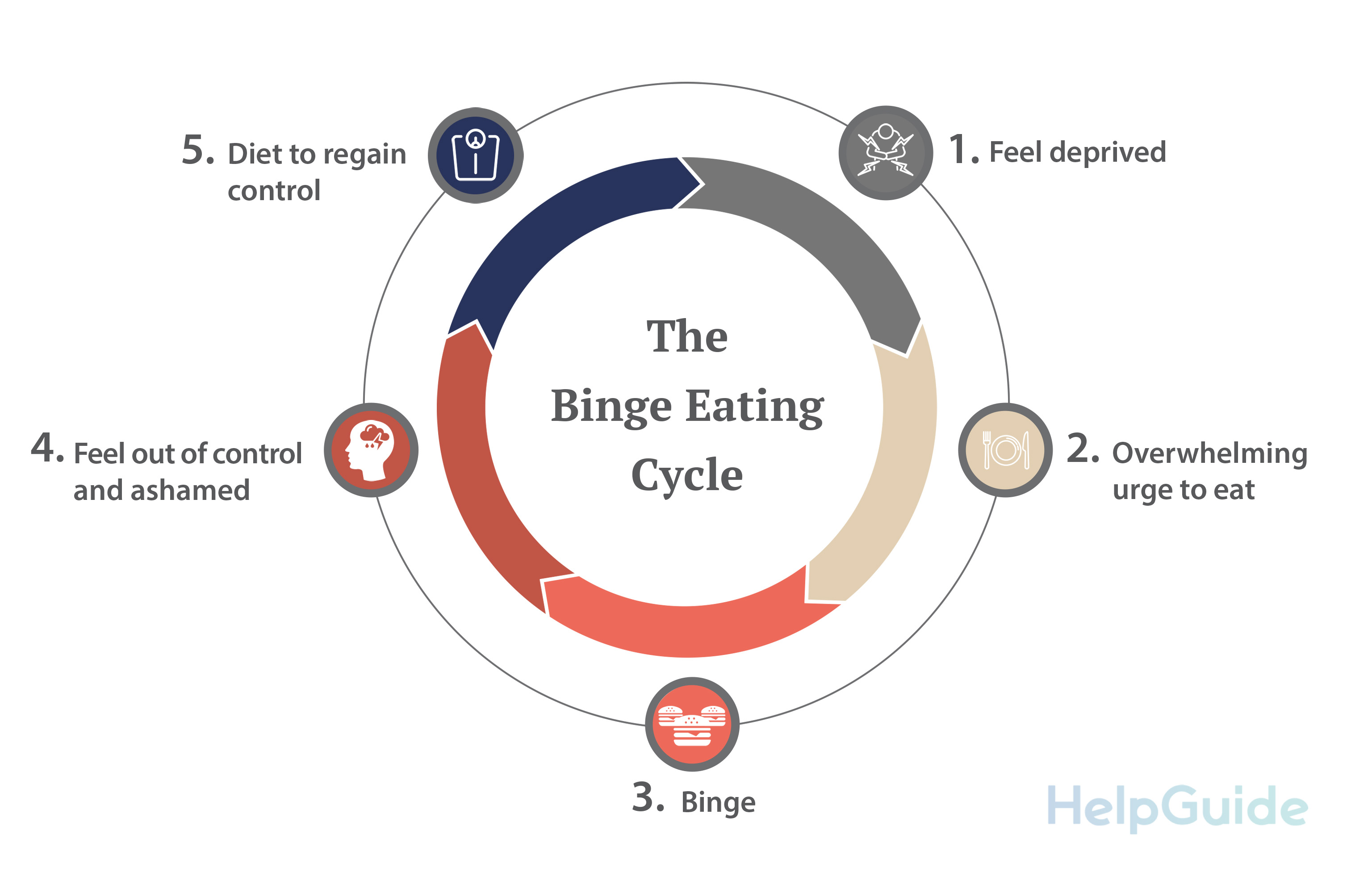
“We tend to separate our brain from the rest of our body, but good health means good health from a holistic perspective – from head to toe,” says Dr. Gabriela Cora, a board-certified psychiatrist. “Why wouldn’t we think eating well would also impact our mental health?”
The science behind food and mood
The connection between diet and emotions stems from the close relationship between your brain and your gastrointestinal tract, often called the “second brain.”
Here’s how it works: Your GI tract is home to billions of bacteria that influence the production of neurotransmitters, chemical substances that constantly carry messages from the gut to the brain. (Dopamine and serotonin are two common examples).
Eating healthy food promotes the growth of “good” bacteria, which in turn positively affects neurotransmitter production. A steady diet of junk food, on the other hand, can cause inflammation that hampers production. When neurotransmitter production is in good shape, your brain receives these positive messages loud and clear, and your emotions reflect it. But when production goes awry, so might your mood.
Sugar, in particular, is considered a major culprit of inflammation, plus it feeds “bad” bacteria in the GI tract. Ironically, it can also cause a temporary spike in “feel good” neurotransmitters, like dopamine. That isn’t good for you either, says Rachel Brown, co-founder of The Wellness Project, a consultancy that works with corporations to promote good health among employees. The result is a fleeting sugar rush that is followed shortly thereafter by a crash “that’s terrible for your mood,” she says.
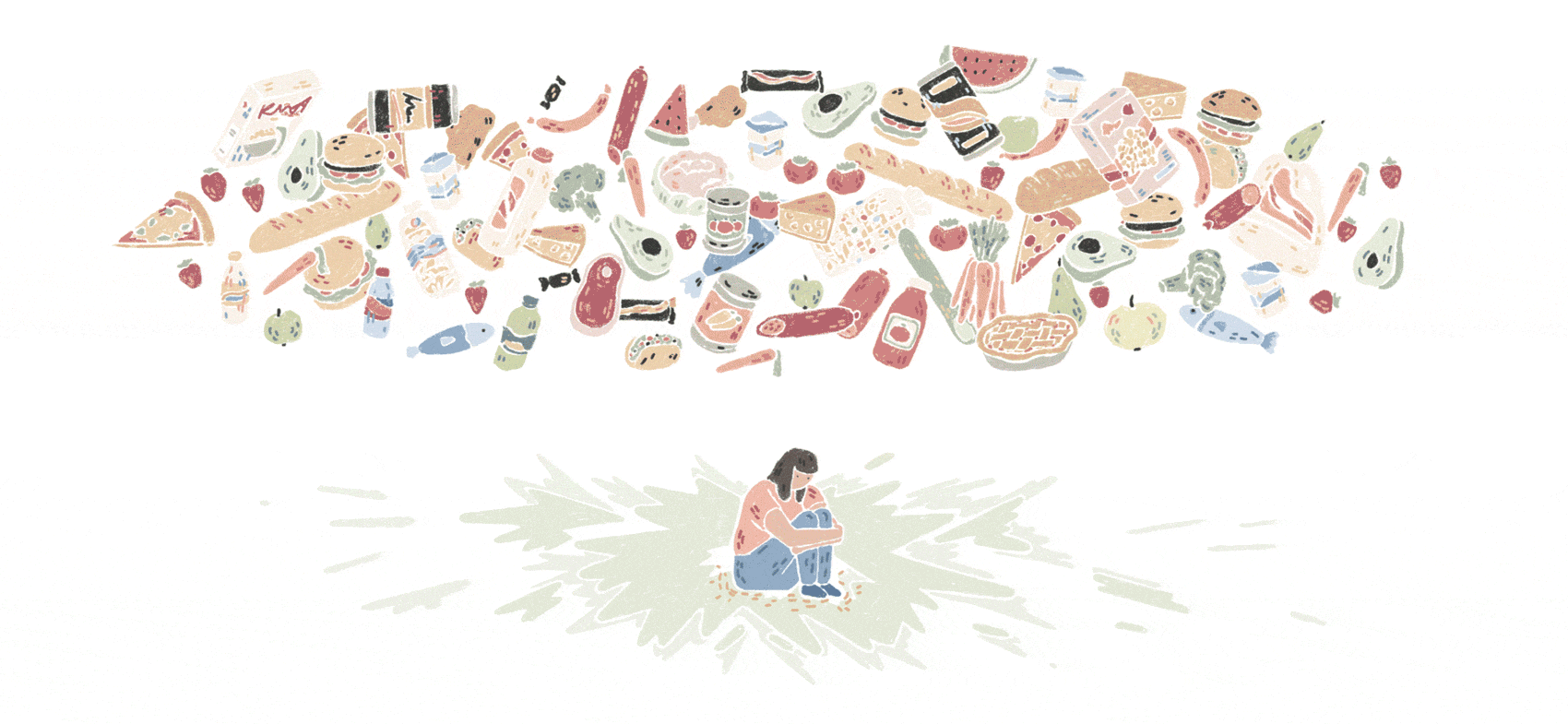
When you stick to a diet of healthy food, you’re setting yourself up for fewer mood fluctuations, an overall happier outlook, and an improved ability to focus, Dr. Cora says. Studies have even found that healthy diets can help with symptoms of depression and anxiety. Unhealthy diets have been linked to an increased risk of dementia or stroke.
Foods that help you be healthy
So what should you put in your cart and on your plate? Here’s a quick overview of what to look for next time you’re in the grocery store. You’ll want to aim for a mix at mealtime.
Whole foods
Some studies have shown that preservatives, food colorings, and other additives may cause or worsen hyperactivity and depression. “So if you have one thing to remember, it’s to eat real food,” or food that’s minimally processed and has a few healthy ingredients, says Sarah Jacobs, holistic nutritional counselor and co-founder of The Wellness Project. Think fresh fruits and vegetables.
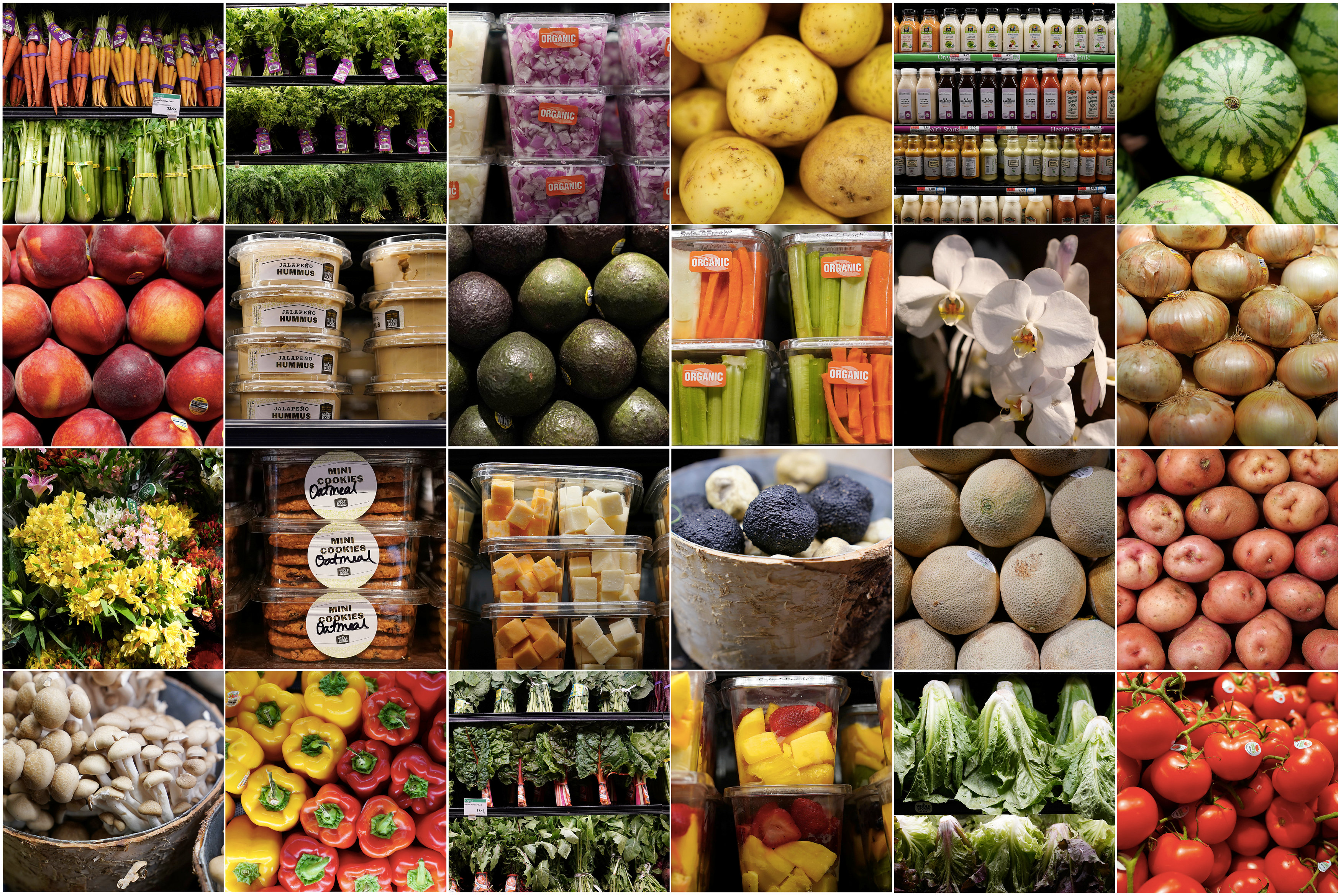
Fiber
Plant-based foods are full of fiber, which helps your body absorb glucose – or food sugars – more slowly and helps you avoid sugar rushes and crashes. Fiber-rich foods include fruits, vegetables, and nutrient-filled carbs like whole grains and beans.
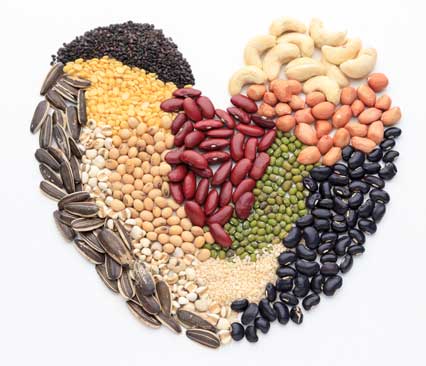
Antioxidants
These inflammation fighters are especially plentiful in berries, leafy green vegetables, the spice turmeric, and foods with Omega-3 fatty acids, including salmon and black chia seeds. Dark chocolate also contains antioxidants – and sugar – so indulge in moderation.

Folate
This type of B vitamin helps with dopamine production without forcing it to surge the way sugars do. Find it in leafy greens, lentils, and cantaloupes.
:max_bytes(150000):strip_icc()/folate-for-high-blood-pressure-1763888_final-01-88b9cd746d564457b96c941bdac28114.png)
Vitamin D
Vitamin D helps with the production of serotonin, and we usually get it from exposure to sunlight. But mushrooms – especially reishi, cordyceps, and maitake – are another good source, Jacobs says. (If you are deficient in vitamin D, your doctor may also recommend taking a supplement. Aetna members may receive discounts on supplements; check your plan’s benefits for details).
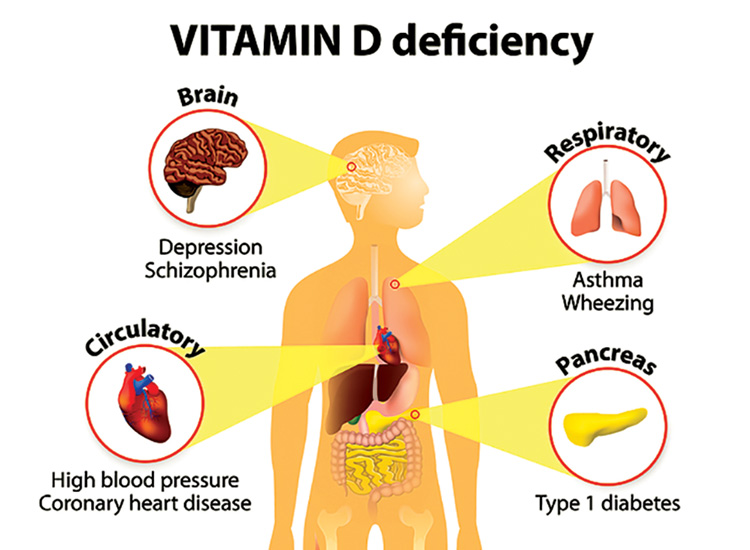
Magnesium
This essential mineral helps with everything from nerve and muscle function to keeping a heartbeat steady. But it’s also vital to the food-mood connection: A mineral deficiency can hurt the bacteria in your gut and cause depression and anxiety-like symptoms. Load up with natural sources such as dark chocolate, cacao nibs, almonds and cashews, spinach and other dark leafy greens, bananas, and beans.

Fermented foods
Fermented foods are packed with probiotics, which are certain live bacteria that are good for your digestive tract. Examples include sauerkraut, kimchi, miso, tempeh, and the fermented drink kombucha. (These foods also tend to be high in sodium, so consume in moderation or skip altogether if you have high blood pressure).
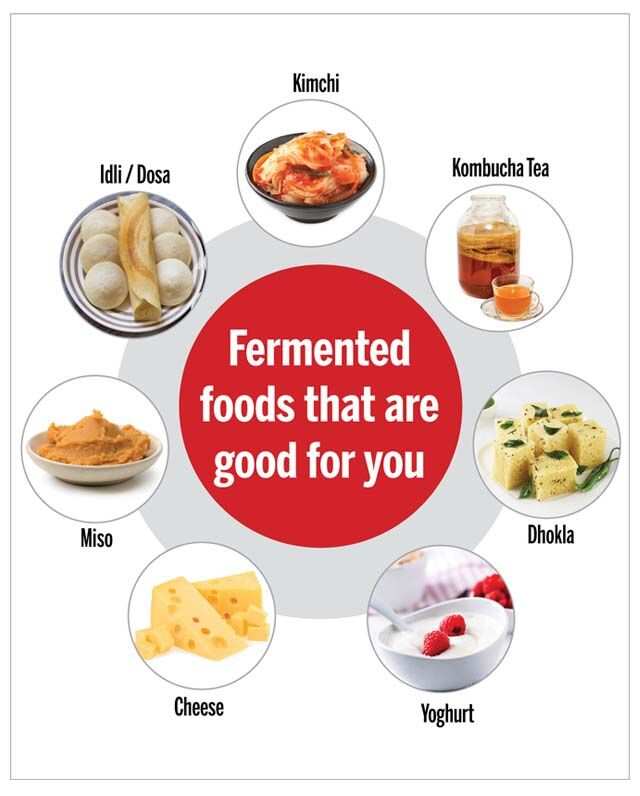
Source: Aetna


